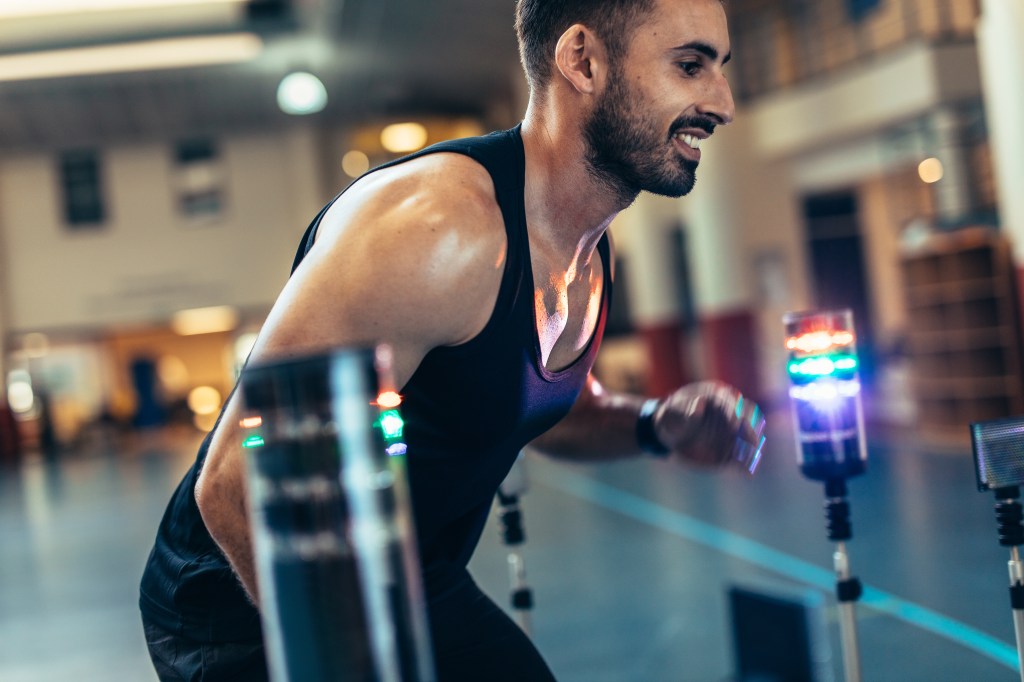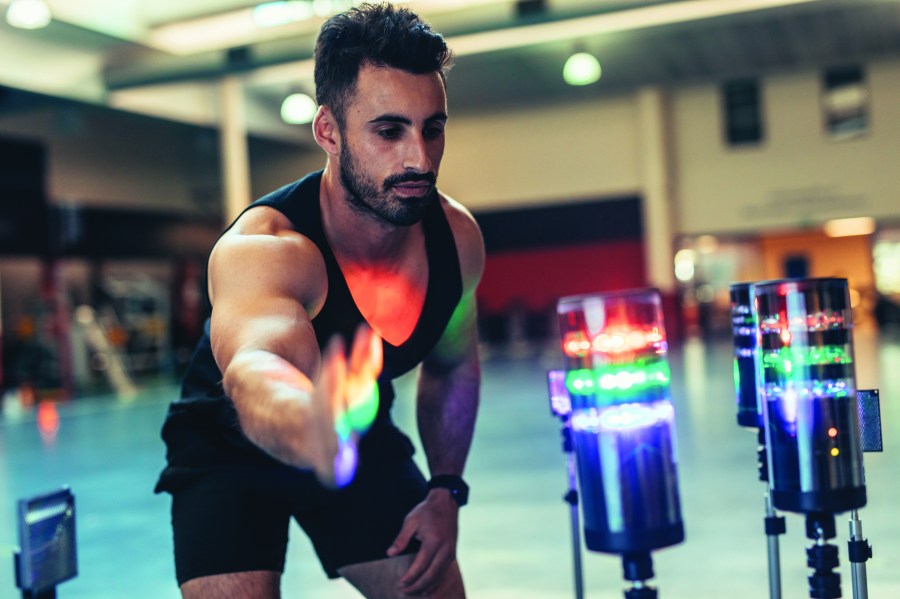New study reveals the performance enhancing ‘Goldilocks effect’ of combining physical warm-ups with mental exercises
Integrating cognitive tasks into physical warm-ups can significantly enhance sport, exercise, and cognitive performance, even under conditions of sleep deprivation, a new study has revealed. It’s dubbed the ‘Goldilocks effect’.
The paper “Cognitive Priming During Warmup Enhances Sport and Exercise Performance: A Goldilocks Effect,” published in the journal Brain Sciences investigated the effects of combined physical and cognitive warmups on athletes and older adults when well-rested and fatigued due to sleep restriction.
The findings suggest that infusing a warmup routine with short-to-medium bursts of cognitive priming – such as classic reaction-based executive function tasks – can optimise performance, creating a ‘Goldilocks effect’ where the right balance is key.

Corresponding author Professor Christopher Ring, Professor in Psychology from the School of Sport, Exercise and Rehabilitation Sciences at the University of Birmingham said: “Our research provides compelling evidence that just the right mix of cognitive and physical warm-up activities can improve subsequent human performance across a broad range of ages (young to older adults), experiences (fit athletes to sedentary non-athletes), and domains (sport, exercise, cognition).
“These exciting findings provide the evidence to encourage individuals and trainers to adapt their warm-up protocols to better prepare players for competition and seniors for workouts.”






